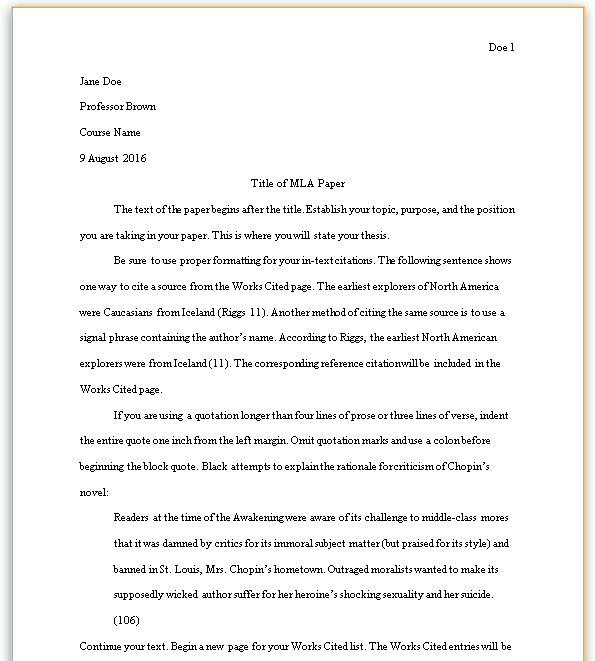The Experience Machine: A Philosophical Challenge to Hedonism
Imagine being offered the opportunity to plug into a machine that could simulate a life filled with endless pleasure, joy, and satisfaction. Every moment within this machine would be perfectly tailored to your desires, ensuring a flawless existence free from pain, suffering, or disappointment. This scenario forms the basis of Robert Nozick’s “Experience Machine,” a thought experiment designed to probe the ethical and philosophical implications of living a life centered solely on pleasure.
At first glance, the offer seems irresistible. After all, who wouldn’t want a life of unrelenting happiness? However, Nozick argues that most people would reject the chance to live in the Experience Machine, revealing a deep tension in the idea of ethical hedonism—the notion that pleasure is the highest good and the ultimate aim of human life. By presenting this scenario, Nozick challenges us to consider what we truly value and why we might prioritize aspects of life beyond pleasure.
Ethical Hedonism and the Challenge of the Experience Machine
Ethical hedonism posits that pleasure is the only intrinsic good, and thus, a life full of pleasure is the most desirable life. Proponents of hedonism might argue that plugging into the Experience Machine is the logical choice, as it guarantees unending happiness without the unpredictability and hardships of reality.
However, Nozick’s thought experiment reveals a fundamental flaw in this perspective. Most people, when confronted with the choice, would hesitate or outright refuse to enter the machine. This reluctance suggests that individuals value more than just pleasure when evaluating a meaningful life. Nozick identifies several reasons for this rejection:
- Authenticity and Connection to Reality: People value living a life that is genuine and connected to the real world. The idea of experiencing simulated happiness, even if it feels real, is unappealing because it severs the individual from authentic existence.
- Agency and Personal Growth: Being plugged into the machine eliminates the opportunity for growth, struggle, and achievement. Many find meaning in overcoming challenges and exercising their agency to shape their lives, even when it involves pain and difficulty.
- The Desire to Do and Be: Nozick argues that individuals want more than the feeling of having accomplished something; they want to actually do it. Similarly, people want to be certain kinds of individuals, not just experience the sensation of being those individuals.
Beyond Pleasure: What Do We Truly Value?
The Experience Machine highlights the complexity of human values and aspirations. While pleasure is undeniably important, it is not sufficient to define a fulfilling life. The thought experiment suggests that people also value:
- Authentic Relationships: Connections with other people are meaningful because they are genuine and rooted in mutual understanding and shared experiences, not artificial simulations.
- Purpose and Achievement: Many individuals derive satisfaction from pursuing goals, creating meaningful work, and contributing to the world in ways that feel impactful and real.
- Freedom and Autonomy: The ability to make choices, take risks, and face uncertainty is an essential part of what it means to be human. Living in a controlled simulation undermines this freedom.
- Engagement with Reality: Even when reality includes suffering and imperfection, it offers a richness and depth that artificial experiences cannot replicate. The unpredictability and complexity of life are integral to its value.
Implications for Modern Life
The Experience Machine continues to resonate in contemporary debates about technology, virtual reality, and artificial intelligence. As advancements in these fields make simulated experiences increasingly immersive and realistic, Nozick’s thought experiment raises pressing questions:
- Should we prioritize creating technologies that maximize pleasure, or should we focus on fostering authentic connections and meaningful lives?
- How do we balance the benefits of escapism with the potential dangers of detachment from reality?
- What role do struggle, hardship, and imperfection play in shaping a truly fulfilling life?
These questions are not merely theoretical. They touch on real-world challenges, from the use of social media and virtual reality to the ethics of creating artificial experiences that mimic reality. Nozick’s thought experiment invites us to reflect on our values and consider how emerging technologies align with or challenge our understanding of what it means to live well.
Conclusion
Robert Nozick’s Experience Machine offers a profound critique of ethical hedonism, revealing that pleasure alone is not sufficient to create a meaningful life. By examining our reluctance to embrace a life of simulated happiness, the thought experiment underscores the importance of authenticity, agency, and connection to reality. As we navigate an increasingly technological world, Nozick’s insights remain a vital reminder to prioritize the deeper dimensions of human existence and ensure that our pursuit of happiness does not come at the cost of what truly makes life worth living.


